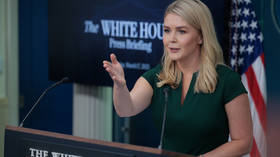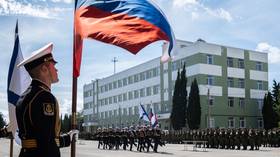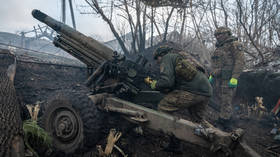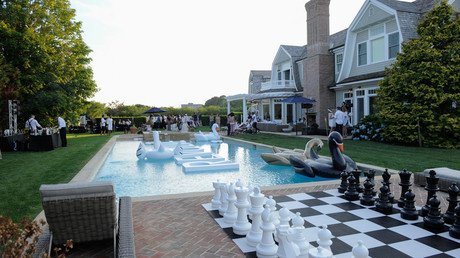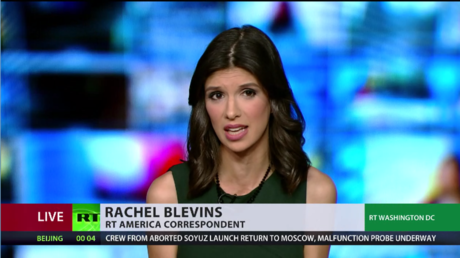‘You’ve gained public trust’: Japan’s Abe boasts army’s reputation as he drives to beef up defense
Prime Minister Shinzo Abe said that 90 percent of the Japanese population respects the military as he pushes to expand it and change the country’s constitution to get rid of its post-WWII pacifist requirements.
“Ninety percent of the population now treats the Self-Defense Force (SDF) with respect,” Abe said during a military-themed event on Sunday. “You have gained public trust with your hands.”
Speaking in front of about 4,000 servicemen at a military training center in Saitama Prefecture, the prime minister stated it is now up to politicians to create “an environment” for SDF to carry out its duties “with a sense of pride.”
Self Defence Forces display military might in #Tokyo parade#Japanpic.twitter.com/uHShrzWVDE
— Ruptly (@Ruptly) October 14, 2018
SDF functions as Japan’s de facto national army. It is considered one of the most advanced and best equipped military structures in the world, and ranks 8th in terms of its budget size.
Abe was re-elected in a landslide for the third term as the head of the ruling Liberal Democratic Party last month, and is poised to fulfill the party’s long-time pledge to explicitly entrench the role of the army into Japan’s largely pacifist constitution. Written shortly after the Japanese surrendered in World War II, the document renounces the nation’s right to wage wars and to maintain a standing army. Abe wants to change that in order to strengthen the role of the SDF in Tokyo’s international relations.
During Abe’s leadership, Japan had been constantly boosting its military budget and expanding naval drills in the region. The army is also undergoing structural reforms. The nation’s first Amphibious Rapid Deployment Brigade was launched in March in Nagasaki Prefecture. Next year, Tokyo plans to deploy extra missile defense systems in southern prefectures, tasked with monitoring China and North Korea.
READ MORE: Japan’s largest warship trains with US naval strike group in contested South China Sea
Public opinion is largely split over Abe’s ideas, as many in Japan don’t view the revision of the constitution as a priority issue. The plans to increase the role of the SDF has also sparked protests. In May, 60,000 people joined anti-war rallies in Tokyo alone. They accused Abe of warmongering and voiced fears that a shift from Japan’s decades-long pacifist stance may lead to unnecessary tensions in the world. The protesters also say that growing militarization will have a negative impact on Japanese society.
Like this story? Share it with a friend!



